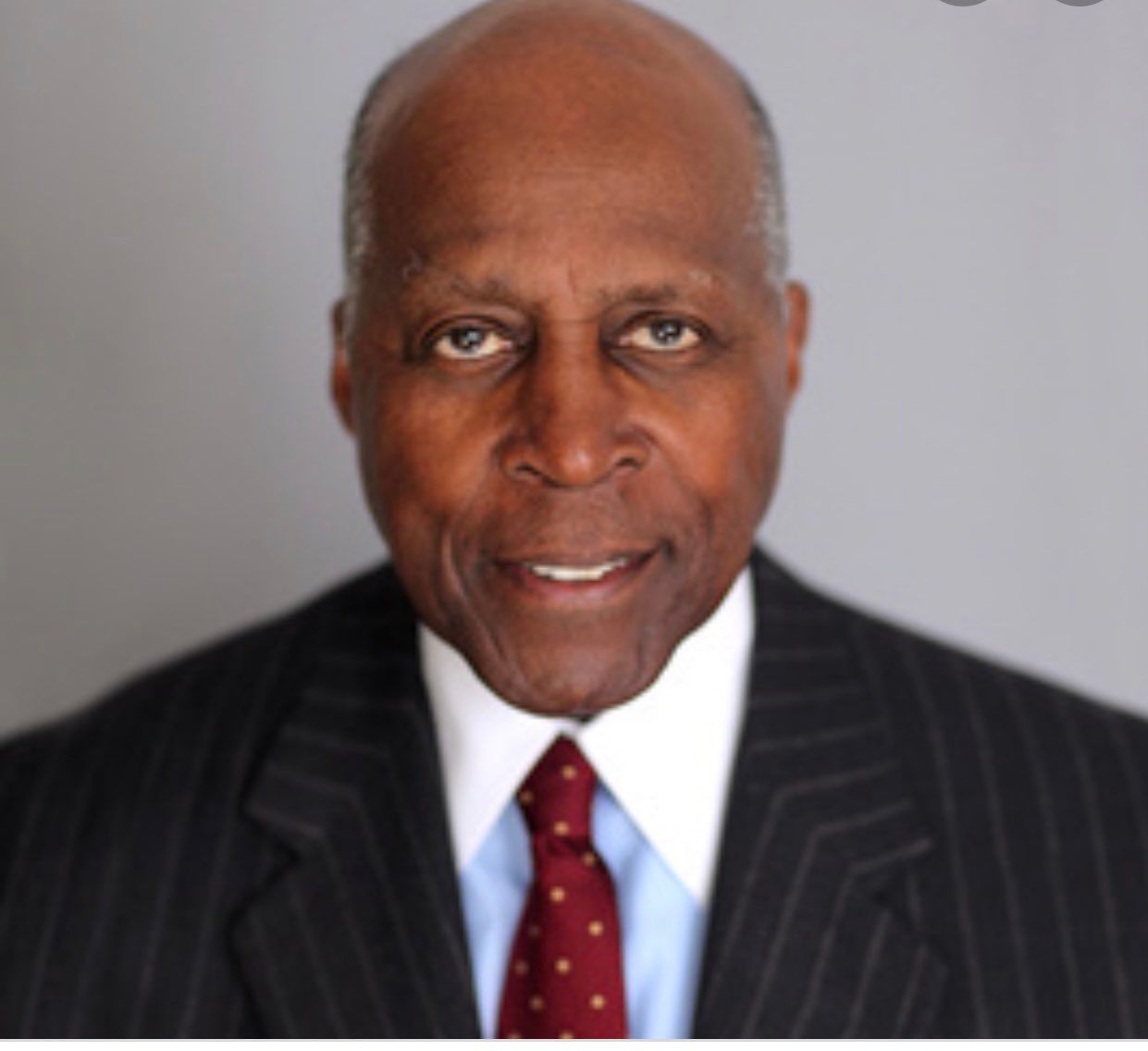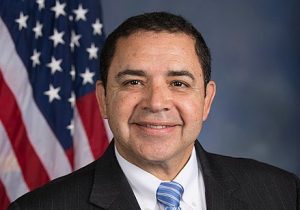Civil rights lawyer Vernon Jordan, who was a towering figure in Democratic politics died aged 85, his family confirmed on Tuesday, AFP reported. He died in Washington on Monday, his daughter, Vickee Jordan said. Jordan had worked in several landmark cases desegregating schools for African-Americans.
Also read: NASA renames its headquarters to honour first African-American engineer Mary Jackson
He was a leading figure in the civil rights struggle of the 1960s and in the Democratic Party. In an assassination attempt by a white supremacist in 1980, Jordan was seriously wounded.
He was a close advisor to former US president Bill Clinton and served as chairman of his 1992 presidential transition team.
“From civil rights to business, Mr. Jordan demonstrated the highest quality of leadership and created a path forward for African-Americans where there were none,” said Jaime Harrison, chairman of the Democratic National Committee.
Derrick Johnson, president of the NAACP, a leading civil rights organization, said Jordan’s “contribution to moving our society toward justice is unparalleled.”
Nancy Pelosi, Democratic Speaker of the House of Representatives, described Jordan as a “giant of the Civil Rights movement.
“His leadership took our nation closer to its Founding promise: all are created equal,” Pelosi said.
Jordan was born in Atlanta, Georgia, and grew up in the southern city during a time of strict racial segregation.
After receiving a law degree from Howard University in Washington, he worked on a number of cases seeking to seeking to secure voting rights for African-Americans and to dismantle segregation.
He was notably involved in a 1961 lawsuit that paved the way for the first Black students to attend the University of Georgia.
Jordan worked for the NAACP before becoming president of the National Urban League, a civil rights organization.
He was seriously wounded by a sniper outside a hotel in Fort Wayne, Indiana, in May 1980.
A white supremacist was acquitted in 1982 of attempted murder but later confessed to shooting Jordan after being convicted in another case.
Also read: Taking a knee, ‘no kneel’ and racism: A stance that revolutionised sports in the US
During the latter part of his life, Jordan was active in business, serving on the boards of a number of leading American companies including American Express, Revlon and Xerox.







